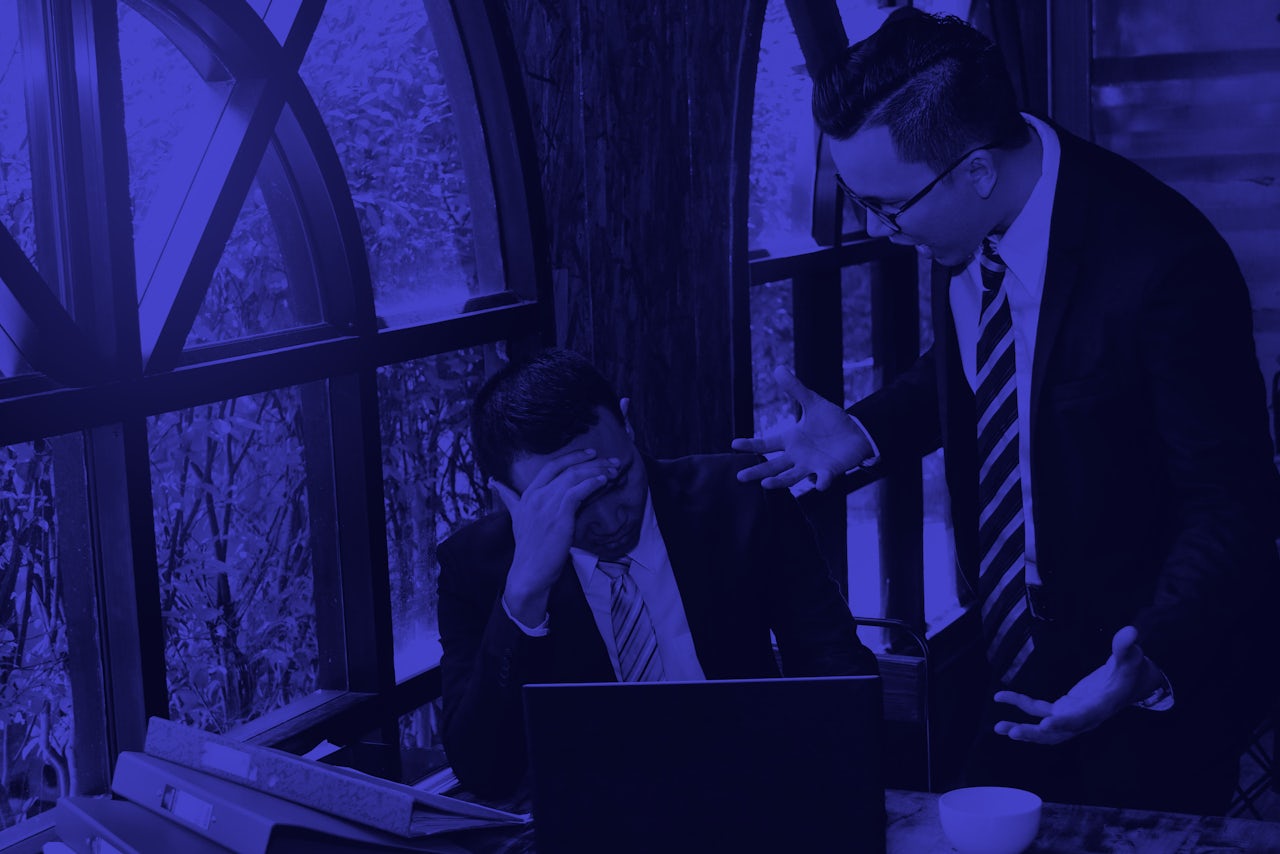I think it���s actually one of the most interesting philosophical questions that we face. With a community of more than 2 billion people, all around the world, in every different country, where there are wildly different social and cultural norms, it’s just not clear to me that us sitting in an office here in California are best placed to always determine what the policies should be for people all around the world. And I’ve been working on and thinking through, how can you set up a more democratic or community-oriented process that reflects the values of people around the world? That’s one of the things that I really think we need to get right. Because I’m just not sure that the current state is a great one.
— Mark Zuckerberg speaking to Vox
When I was in high school in a music theory class I learned something so profound that in retrospect I wish I had been high at the time, because I would have lain in a field and I’d probably still be lying there and thinking about it right now. My teacher asked the class “what is music?”
“Like… sound. Like noises?” we said.
“It’s sound,” she said. “But also” — she paused for effect — ��it’s silence.”
A significant downside of communicating online is that it’s impossible to hear the silence. When someone in your office makes an inappropriate comment in a room full of people, the others can turn away, avoid eye contact, shuffle papers, remember they had something to do in another room, any other room. When someone makes an inappropriate comment in a Slack room, at the very worst, no one responds, and the conversation changes subject or continues on (unless you are possessed of the type of supportive workplace where someone would call them out, or where a boss would then privately message them to say that saying things like that is not ok).
Online, there is no light, discouraging feedback to police people on Facebook or Twitter. At best, every fringe opinion online finds its audience; at worst, it becomes a thing that no one really acknowledges, which becomes the same thing as something people basically accept. After all, no one said “no.” Everyone hates confrontation, but confrontation is the only kind of negative engagement the internet has to offer. And then, even if someone does, it becomes, for all intents and purposes and appearances, two opinions of equal value disagreeing online. There is none of the passive negative feedback of bystanders: disengaging, abruptly excusing oneself, a disappointed, withering gaze, an exchanged glance of disbelief with a third party, even a forced laugh. These things matter in real-life social situations; we are incredibly sensitive to them. In mixed company, they are what keeps us in line.
Slack, too, has shown signs of these interactions: people grate on each other by using typically male or female ways of expressing themselves online, but since there is no way of reading each other’s reactions, the friction dissipates into the psyches of people involved in the conversation, rather than doing the work of modulating how they communicate with each other.
In general people need to have more shame
— Kelly Conaboy (@kellyconaboy) April 26, 2017
Some forums do have mechanisms for this; reddit, for instance, has downvoting. Facebook tested a “dislike” button, only to roll it back. Presumably, people don’t like it when they are told that the things they are saying are distasteful and might use Facebook less. We simply can’t have that.
We are increasingly confronted with the issue of how to keep wild shit from proliferating online. A recent study showed that people share unpalatable things online because they have lost all perspective of what opinions are appropriate to have or not. Interesting, though, that while Facebook can easily measure how the bad-opinion-haver might stop posting if too many people click “dislike” on his post, it can’t so easily measure how many people stop going to Facebook at all because they had to silently bear witness to the bad-opinion-haver’s opinion.
In his interview with Vox Monday, Zuckerberg somewhat terrifyingly invoked the idea of actual governance on Facebook (“You can imagine some sort of structure, almost like a Supreme Court, that is made up of independent folks who don’t work for Facebook”). While this shocked some people, Zuck has been referring to Facebook as a kind of nation-state for several years, lest we forget that one time he let users do a direct-democratic vote on privacy changes all the way back in 2012, when about a tenth as many people used it (270 million) as they do today (2 billion).
For all the issues that oversight may create, heavy moderation guided by a human hand is where a lot of sites that still allow on-site comments have landed; it’s one of the few ways to evoke the disapproving gaze when the online “room” lacks facial expressions and body language. As a company, Facebook seems particularly unequipped to answer this question of how to bring intangible social feedback online. But perhaps, just perhaps, it’s starting to recognize the problem.
